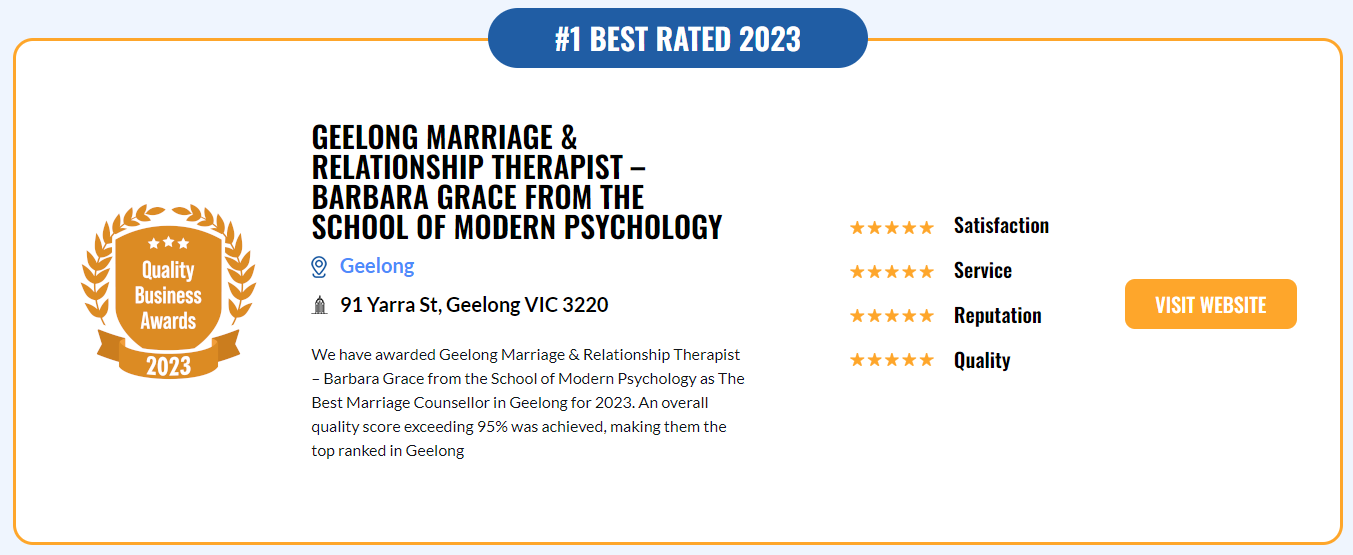Is your partner happy? Or are you too relationally blind to notice …
/If eyes are the window to a person’s soul, then a partner’s face is the marble arch to their feelings.
Most people’s faces give clues:
Tautness of facial muscles — especially around eyes and mouth
Clenching of jaw
Thinning of lips
Slight changes in facial color and skin tone
Lips down-turned.
And this facial tension then ripples through the body with shoulders and muscles tight. Add in a low tone of voice and slower movements — and those who notice see that something’s not right.
You can guess at what your partner is feeling and snag an assumption — if you’re taking notice.
You may get it right. You may even believe your mind-reading abilities mean you don’t need to ask what’s wrong (especially if you think you’ve heard it all before).
Yet, this is what lets couples down.
Not noticing or not checking in to hear what the other is feeling. Dismissing this scene is a sure route to relational blindness and disconnection.
Relational blindness can be a strategy if you hate arguing or simply hope the problem will ease given enough time. Or it may just be that you simply don’t know what to say or do — so best not to mess with what you don’t understand.
You may wonder whether learning better communication will help.
It can.
But learning a few skills isn’t deep enough work to get the lasting results needed to keep a relationship on track.
Ever climbed Everest? Me neither. The documentaries are enough to show me I don’t have what it takes.
Imagining an Everest climb can be like talking to your partner about how they’re feeling. For the unprepared, it’s all ice cold and uphill with an inevitable white storm about to close in.
And just like any long climb — much self learning is needed before starting, while on route and when reaching your summit.
Relational blindness often comes with a superior-toned inner voice that if said out loud sounds more like judgement, blame, or at times contempt.
Here’s a sample:
You see your partner’s mood and mentally note: ‘Why can’t they just get on with things.’ ‘Why do they have to be so needy.’ ‘Why does everything have to be a drama.’ ‘What have I done wrong now.’ ‘Can’t I just have a break.’ ‘There’s always something with you.’ ‘What now.’
These are thoughts of contempt, the ones Dr John Gottman says are the single most telling death clues of relationships.
Fear of Disappearing
Women who come into my office (I’m a relationship therapist) often say similar things. It’s like they’re reading from the same unhappy partner quote book. (It’s one I’ve read from myself in days gone by).
Their greatest concerns are not being noticed, not being heard by their partner, being taken for granted and not having rich and meaningful conversations. Beneath these concerns is the unsaid hope they won’t disappear into a relationship like their parents have. Unhappy, voiceless, invisible.
Motivation begins within
Learning better communication is an external skill that only works if it has an internal genesis. Motivation for change that comes from within is more powerful than only learning language techniques designed to calm one’s limbic system.
Change starts by stopping the blame and shame internal monologue. The stuff that’s creating a judgmental one-up position towards your partner. The stuff that goes on so often you probably don’t even know it’s playing constantly in the background of your mind — until you take notice.
Take an honest look at yourself. A real review of your unchecked mind. And instead of letting it feed you a grandiose version of yourself that’s always at the ready to reach for the blame-filled flame-thrower — the one capable of torching any conversation before its first breath with a contempt-style comment — STOP.
CHECK IN WITH YOURSELF. BE YOUR OWN CENSOR. SHIFT GEAR. PAY ATTENTION.
Unfortunately couples wait until their relationship is on its last gasp before seeking life support.
And if both are ready and willing to shift their emotional and mental dynamics, training can start. With luck we’ll make it to Base Camp before dark.
When couples are prepared for their own Everest Trek—their first milestone is to set an intention.
An intention that’s co-created together — one that:
Puts the relationship first — above all else (work, friends, children, family, hobbies) — this doesn’t mean you’re tied at the hip to each other.
Creates strategies to keep each other safe and secure (especially around the biggies: money, sex, trust and housework)
Tunes-in to both person’s needs (think variety, feeling special, loved and cared for)
Plans for richer conversations than ‘what’s for dinner’ and ‘what’s on TV’ (eg values, plans, dreams, hopes)
Prioritises intimacy through kissing, cuddling, eye contact and compliments.
Intention setting only works if both invest time and energy. If it’s left to one person to do the heavy lifting — no oxygen mask or life support system will help.
Relational blindness is a disease affecting too many young men I see in my office.
Young men often believe their partner is happy — or at worst content with what they’ve got. They’ve made an assumption between the routine ‘what’s for dinner’ and ‘what’s on TV’ conversation without actually asking how their partner feels.
Many feel deep shame when hearing what they’ve ignored or missed — often for years.
I see their sadness in how blind they’ve been — and how they’ve treated their partner in a similar way to how they may have been treated as a child.
Many men struggle to express feelings because they don’t know how. Our mainstream culture hasn’t been good at rewarding men who have a vocal heart.
In fact, the most common phrase I hear in the office is: ‘I’m not good with words.’
Often these young men have been raised in families where being a boy meant hearing things like ‘don’t throw like a girl’ and ‘that’s enough sooking’.
They’ve received ‘bro’ hugs and slaps on the back rather than the richness and warmth of bonding that should come with a father-and-son connection. Some have been over-mothered to the point they’re incapable of caring for themselves. Others become entrenched in a male culture confirming the priority of beer, bets and buddies.
The men I work with are generally ill-prepared for relationships.
On the whole they’re good men — just relationally blind.
And it’s not until a wake-up call happens that they reel in horror — as if seeing their ignorance through their partner’s eyes for the first time.
Emotion in men runs deep. Of that I know.
They care more than they admit.
They want intimacy.
They desire to be known.
They hope to be the father to their children they may not have known themselves.
They crave to be loved for who they are — not the money they earn.
They need the things all humans do — connection.
Yet, how can they get this when they’ve been raised with disconnection at their core?
Often raised in families where talking about their needs wasn’t encouraged, surviving warring parents who stole their childhood, or enduring a family that wasn’t coping with life’s stresses, causing them to feel ignored.
Some young men know nothing but disconnection.
For too many men, alcohol and drugs become a respite from the protective shield they’ve erected in the attempt to hide themselves.
In this temporary respite they seek answers to what they consciously avoid:
Who on earth am I?
What do I even want out of life?
Why don’t I feel anything?
What am I trying to prove?
Relationships are works in progress — rarely complete. And that’s because growth and discovery is the only path to a richly rewarding connection with a partner we can truly be present with.
Just like climbing Everest — the real discovery is about oneself, rarely the rarefied air.
So what’s the answer?
If ‘getting in touch’ with yourself sounds too airy-fairy — you’re right.
The first step is asking your partner whether they’re happy. Follow this with ‘What can we do to make things better?’
Then, make an appointment to see a relationship specialist so you you never see your partner walking out of your life because of relational blindness.









